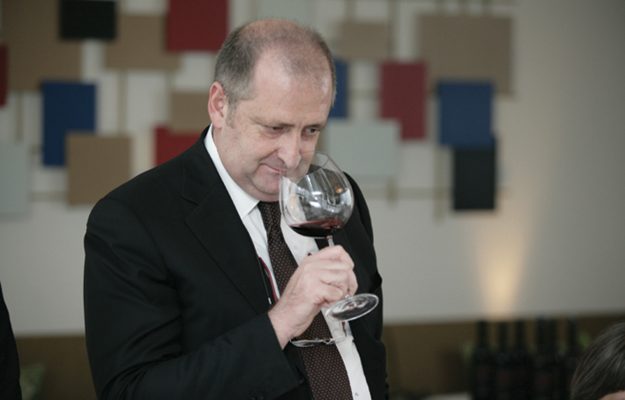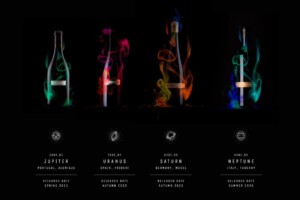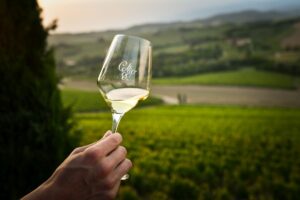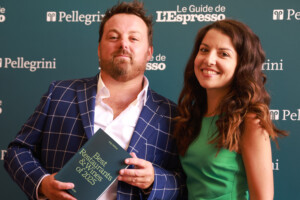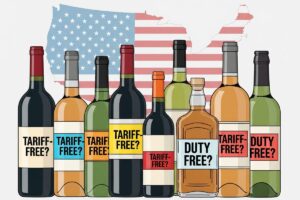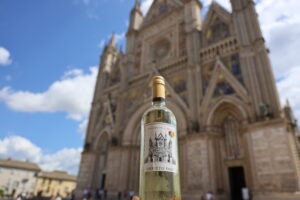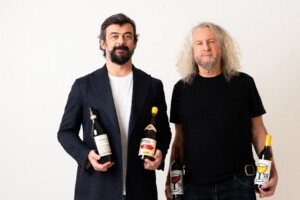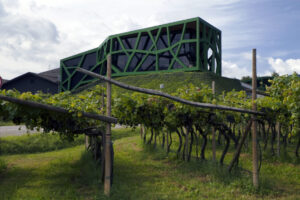Once again a national agreement for the activation of the revolving pledge, which transforms the wine stored in the cellar into financial liquidity for producers, this time involving many of the most important Italian wine territories. To sign it, once again, Valoritalia, a leading company in Italian agri-food certifications, and Federdoc, the National Confederation of Voluntary Consortia for the protection of wine designations of origin, this time together with Intesa Sanpaolo, one of the main Italian banks, to which 16% of the Italian agri-food sector refers. Technically speaking, the “revolving pledge” allows to make a precise evaluation of the stocks of wine to be aged and to convert them into guarantees useful to obtain new credit lines. In this way companies will be able to demobilize the precious patrimony kept in the cellar, which will become marketable only after many years.
Specifically, Valoritalia will certify the physical presence of the wine in the cellar also in relation to what is reported in the Telematic Registers by the producers of Barolo, Barbaresco, Franciacorta, Amarone della Valpolicella, Castel del Monte, Brunello di Montalcino, Bolgheri, Chianti Classico and Nobile di Montepulciano, also proceeding to a chemical-physical analysis of the product, verifying the conformity with the production regulations and informing the bank with specific reports. In the last thirty years Italian wine has passed from a production system based on quantity to an economy which focuses on quality and value, betting on identity, links with the territory, certifications of origin. Nowadays, Italy produces less wine, but this wine is worth much more. According to a comparison made by Intesa Sanpaolo’s Studies and Research Department, in 1986, 77 million hectoliters were produced for a value of 1.3 billion euros, today almost 50 million hectoliters are produced, 35% less, but the value has risen to 4.3 billion euros, more than three times as much.
2020 started off very favorably, but already in March there was a collapse in the domestic market that hit a low in April (-40.3% compared to April 2019 for the broader beverage aggregate). Wine exports, on the other hand, held up until March, but from April they too fell into negative territory, closing the semester at -3.4%.
“When we leave the current emergency behind us”, said Andrea Lecce, head of Intesa Sanpaolo’s Sales & Marketing Department for private individuals and retail companies, “we must be ready to start again by using the great potential we already know we have: a fully traceable supply chain, quality certifications and the great reputation of our products. It is therefore necessary to invest right now in order to strengthen any weak points: exports to emerging markets, distribution channels, digitalization. We firmly believe in the skills of our producers and in the quality of our noble wines. That’s why we have taken the opportunity offered by the new regulations, strengthening it through the collaboration with the Control Organisms, making it possible to guarantee the wine while maintaining full possession of it in the company”.
“Developing this kind of agreements in favor of the companies that make the made in Italy great is part of our commitment to protect the designations. Our excellent wines represent a priceless treasure, to be preserved. It is our production that saves us in difficult times like the one we are going through. Through our checks, we guarantee the respect of the production regulations and of the organoleptic characteristics that allow our Doc, Docg and Igt wines to be considered the most precious of coins”, says Francesco Liantonio, president of Valoritalia.
Riccardo Ricci Curbastro, president of Federdoc, adds: “the revolving pledge has allowed consortia, institutions and banks to work together for a real Italian economic recovery. This tool has proved to be fundamental to give breath to our sector, hard hit by the pandemic, showing that the commitment made in recent years for the unity of the Italian wine industry has paid off”.
Copyright © 2000/2025
Contatti: info@winenews.it
Seguici anche su Twitter: @WineNewsIt
Seguici anche su Facebook: @winenewsit
Questo articolo è tratto dall'archivio di WineNews - Tutti i diritti riservati - Copyright © 2000/2025










